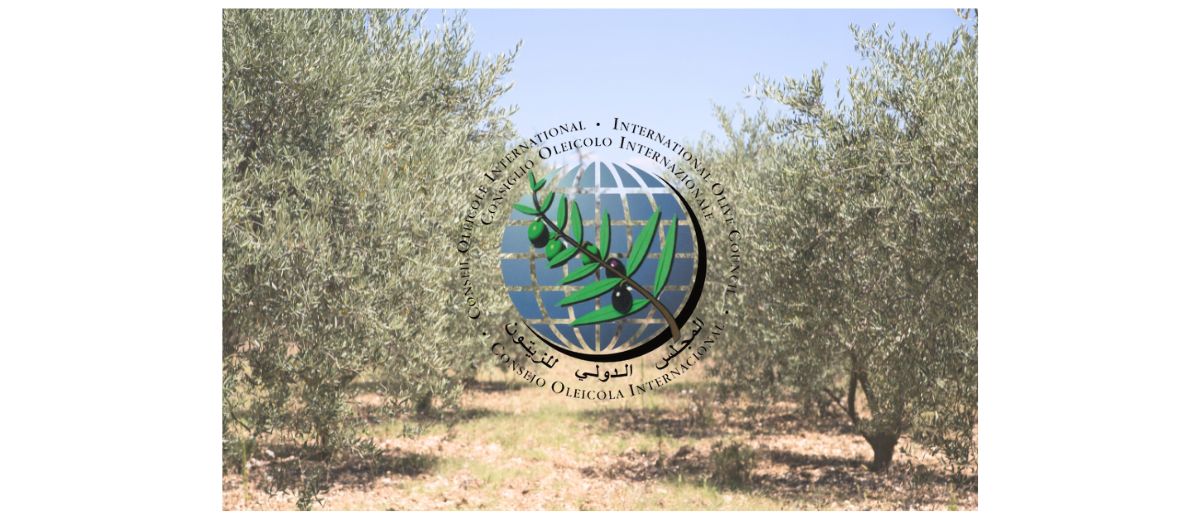This week on the Olive Health Information System website
The newsletter of the University of Navarra and the IOC dedicated to health
Many of the beneficial health effects of extra virgin olive oil (EVOO) have been attributed primarily to the presence of phenolic compounds (oleocanthal, tyrosol, hydroxytyrosol, oleuropein, and oleuropein aglycone), in addition to its fatty acid profile. These phenolic compounds have antioxidant and anti-inflammatory properties that contribute to delaying the onset of chronic diseases, including Alzheimer’s disease. In this context, the aim of a recent systematic review was to investigate the effect of oleocanthal, a phenolic compound predominantly found in EVOO, on amyloid-β, one of the key mediators of Alzheimer’s disease pathogenesis in preclinical models. The review highlights the role of oleocanthal in reducing amyloid-β load in the hippocampal parenchyma and microvessels. Additionally, an oleocanthal-enriched diet improved metabolic and behavioral parameters. The authors conclude that, although further studies are needed, preclinical data are promising regarding the efficacy of EVOO-derived oleocanthal in reducing the amyloid-β burden in Alzheimer’s disease.
Although EVOO is rich in phenolic compounds, it should be noted that during production, storage and cooking, these compounds may undergo various transformations, such as degradation, oxidation and polymerization, which can reduce the potential health effects of the oil. A recent study analyzed the stability of EVOO in terms of quality characteristics and the quantity of key constituents, including phenolic compounds such as tyrosol and hydroxytyrosol, under two storage conditions: room temperature (typical temperature storage) and refrigeration (4ºC). The results showed that refrigeration positively affected levels of tyrosol, hydroxytyrosol, and other quality markers, compared to room temperature storage, particularly after 1 year. Based on these results, the authors recommend storing EVOO in the refrigerator for up to 18 months to preserve its beneficial properties.
Other articles mentioned this week in the OHIS newsletter:
Olive Oil
Cognitive and mental health
Cardiometabolic health
Cancer
Women’s health
Dietary pattern and menstrual disorders among female university students.
Children and adolescents
Aging
Other diseases
Sexual dysfunctions in inflammatory bowel disease: role of Mediterranean diet and quality of life.










